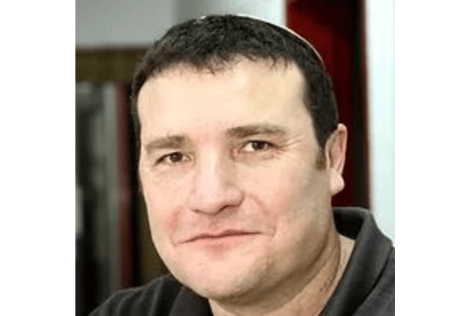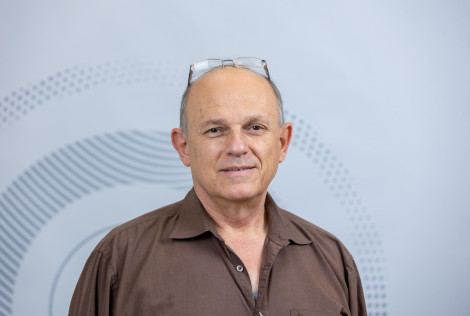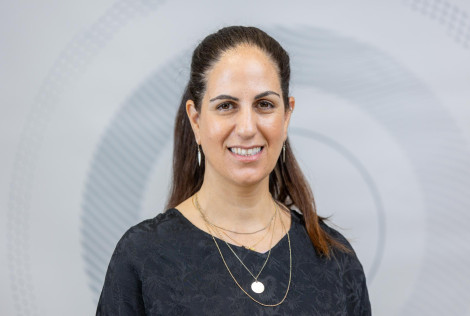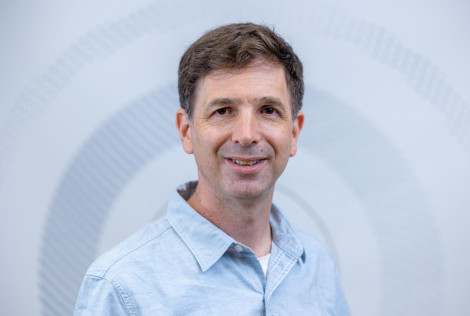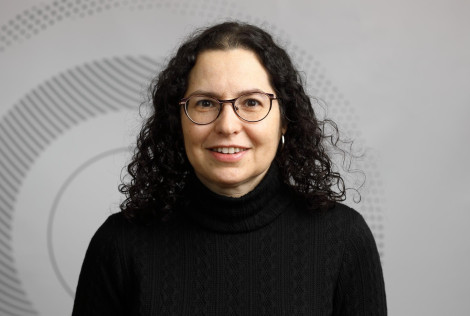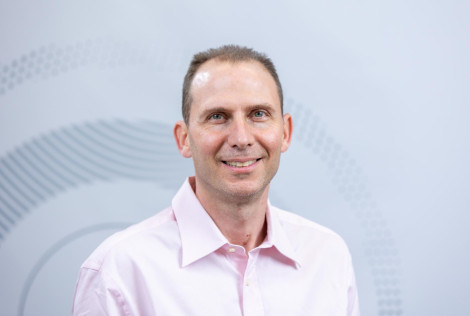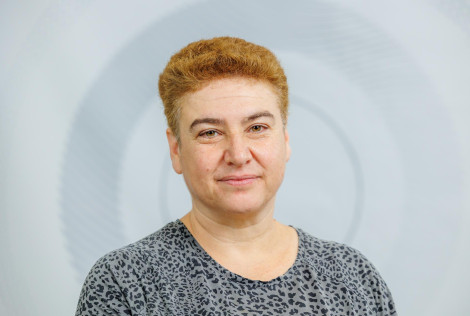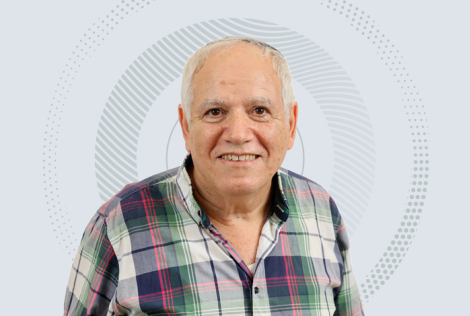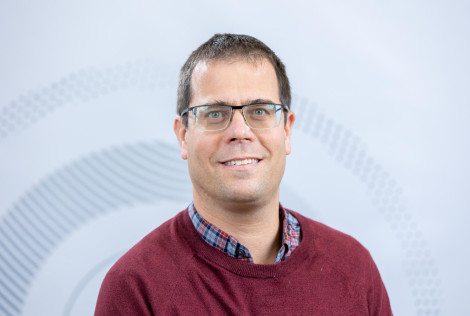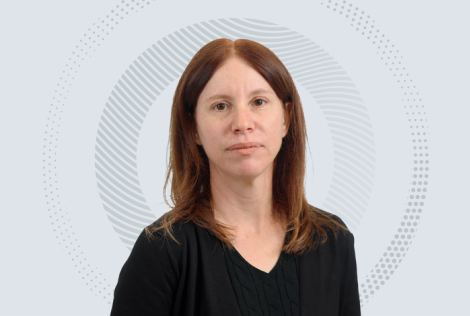Developmental and Cellular Biology
The cell is surrounded by a membrane, which differentiates between it and the extracellular environment. In eukaryote organisms (with a nucleus), the cell can be divided into two major areas: the nucleus and the cytoplasm. The cytoplasm contains all the structures necessary for the cell's existence, which are usually divided into organelles that help in respiration, excretion, metabolism, growth, transport, as well are structures which are important for stabilizing the cell's architecture (the cell skeleton). The nucleus contains the genetic material (DNA) which is packaged in structures called chromosomes. The chromosomes contain genes which produce RNA molecules that are important for producing the cell's proteins. The nucleus also contains one or more nucleoli and is surrounded by the nuclear membrane. The nucleolus is an active site for synthesis of unique RNA and produces most of the cellular RNA required for the cytoplasmatic machines that produce proteins (the ribosomes). The nuclear envelope separates between the genetic material in the nucleus and the cytoplasm where the proteins are produced. The living cell can receive signals from the outside which influence the metabolism in the cell, the growth rate and decisions regarding cell death. These signals are transferred via receptors in the cell membrane and can in the end affect the activity of genes and different activities of cytoplasmatic organelles.
Research in the field of cell biology is very broad and in general focuses on understanding the processes that were described above: in molecular terms (research of molecules that participate in the various processes), in structural terms (understanding the production and degradation of structures and molecules), in biochemical terms (research of the biochemical reactions that take place in the various organelles), in kinetic terms (research of the movement of organelles and molecules within the living cell), and in genetic terms (understanding how changes in the genetic charge can lead to changes in the structure or the processes that take place inside the cell, which may help cause different diseases, such as cancer).
Developmental biology investigates the wonderful process by which a single cell (the zygote) turns into a complex embryo and an adult. Developmental biology is by nature multidisciplinary and recruit diverse fields of research including genetics, molecular biology, cell biology, computational biology and evolution. The research topics include differentiation mechanisms, morphogenesis and regeneration, sex determination, regulation of gene expression and intercellular communication. Developmental biology has great biotechnological and medical importance, beginning with the identification of the genetic basis of different developmental diseases and the creation of laboratory animal models for human genetic diseases, and ending with tissue cultures and use of embryonic stem cells for research and treatment of different diseases.
Researchers
-
Prof. Emeritus Breitbart Haim
972-3-5318201 -
Prof. Cohen Haim
972-3-5318383 (office); 972-3-5317121 (lab) -
Prof. Emeritus Don Jeremy (Rami)
972-3-5318963 -
Dr. Dvela-Levitt Moran
972-3-7384122 (Office), 972-3-7384123 (Lab) -
Dr. Gonen Nitzan
03-5317246 -
Prof. Hendel Ayal
Office 972-3-5317316; Lab 972-3-5317346 -
Prof. Juven-Gershon Tamar
972-3-5318244 (office); 972-3-5317525 (lab) -
Dr. Koren Itay
+972-3-738-4211 -
Prof. Korenblit Sivan
972-3-5318961 (office); 972-3-7384592 (lab) -
Prof. Emeritus Motro Benny
972-3-5318149 -
Prof. Shav-Tal Yaron
972-3-5318589 -
Prof. Tzur Amit
972-3-7384541 (office); 972-3-7384542 (lab) -
Dr. Urbach Achia
972-3-7384281 -
Dr. Zalckvar Einat
972-3-7384013



